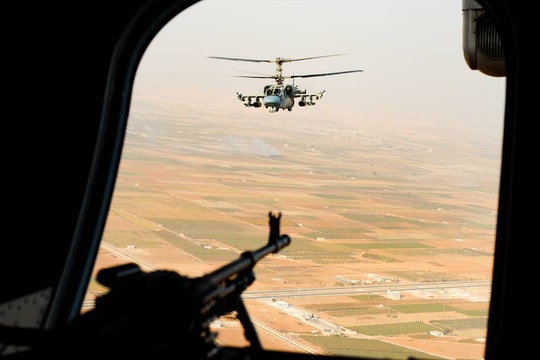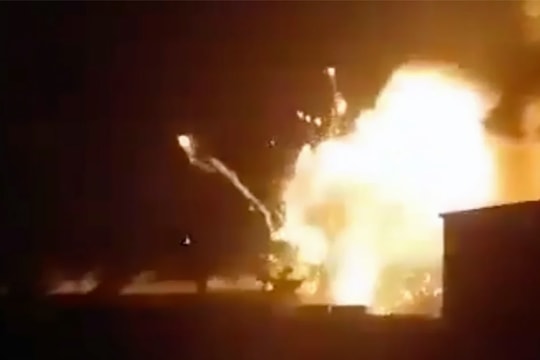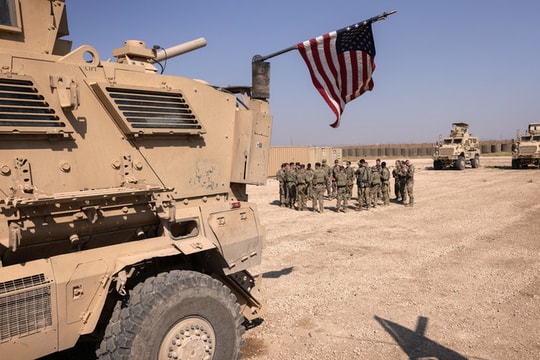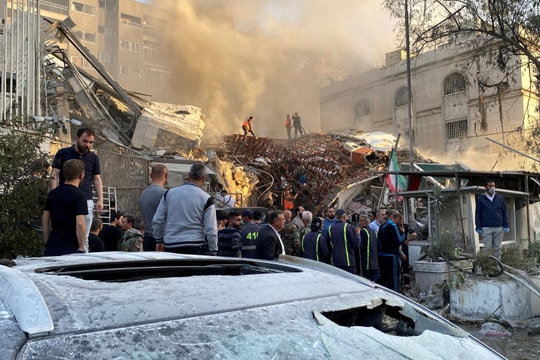US 'dilemma' in Syria
The surprise attack on Aleppo by Syrian rebel groups has put the US in a difficult situation, while maintaining more than 4,000 troops there with the mission of counter-terrorism.
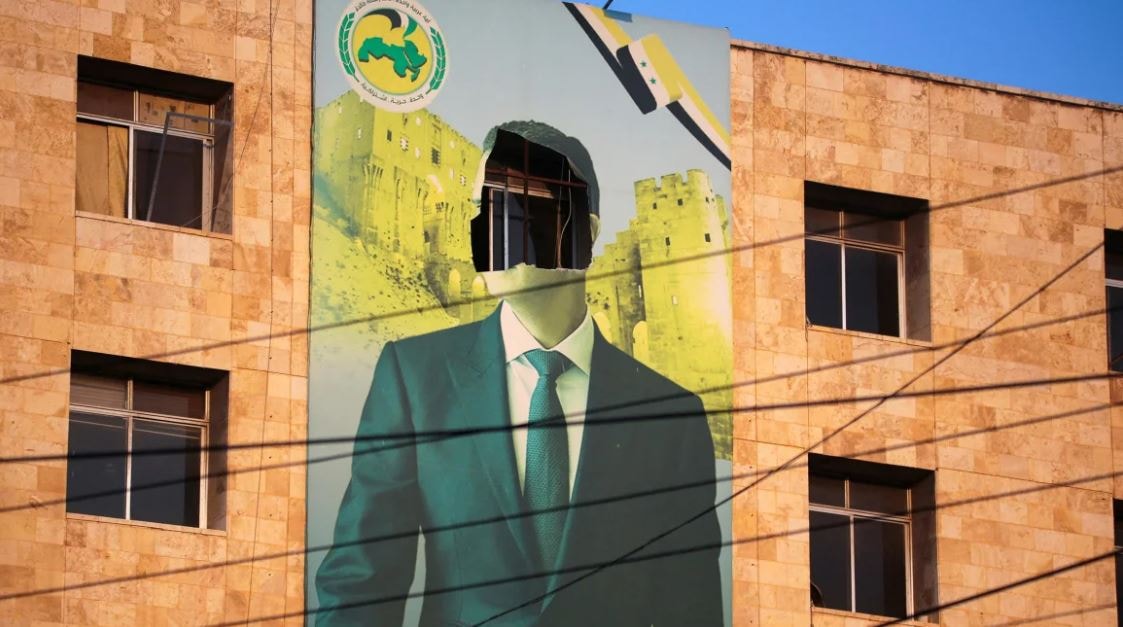
Pentagon press secretary Major General Pat Ryder stressed on December 2 that the US had "no connection whatsoever" to the rebel groups that, for the first time in eight years, quickly rose up and advanced to capture Aleppo - Syria's second largest city.
“I would like to confirm that the United States is not involved in the activities that rebels are conducting in Aleppo and around northwest Syria, under the direction of Hayat Tahrir al-Sham (HTS),” General Ryder said, emphasizing that the United States is urging all parties to de-escalate.
The US's "dilemma" was further clarified by National Security Advisor Jake Sullivan, who pointed out that Washington has long considered HTS a terrorist organization, so the US is really concerned about HTS's goals. At the same time, US officials said that the Syrian conflict has become tense again because President Bashar al-Assad's government "depends too much on support from Russia and Iran" but does not seek a long-term political solution.
“So, this is a complex situation. The United States is monitoring this and is in close contact with our partners in the region on this issue,” Mr. Sullivan said.
According to TASS on December 3, Major General Pat Ryder said that the Commander of the US Joint Task Force used the hotline with Russia to ensure that there was an open channel of communication, given the fact that US and Russian forces in Syria operate in quite close proximity. Mr. Ryder did not go into details about the contacts between the two sides, but noted that Russia and the US have a communication mechanism to prevent “potential miscalculations”.
The US deployed forces to Syria under former President Barack Obama under the pretext of fighting the Islamic State (IS). Although the US withdrew most of its forces from Syria after IS was defeated, the US still maintains a number of military bases and continues to coordinate with a number of armed groups opposed to the Syrian Government, mainly Kurdish forces, in the name of preventing the rise of IS.
After eight years of “lying still and breathing quietly”, rebels are taking advantage of the weakening of the forces supporting President al-Assad to rise up in Syria. The rebels have seen new opportunities as Hezbollah in Lebanon has suffered many losses in the war with Israel, while Iran is under pressure, and Russia is completing its goals in a special military operation in Ukraine.


